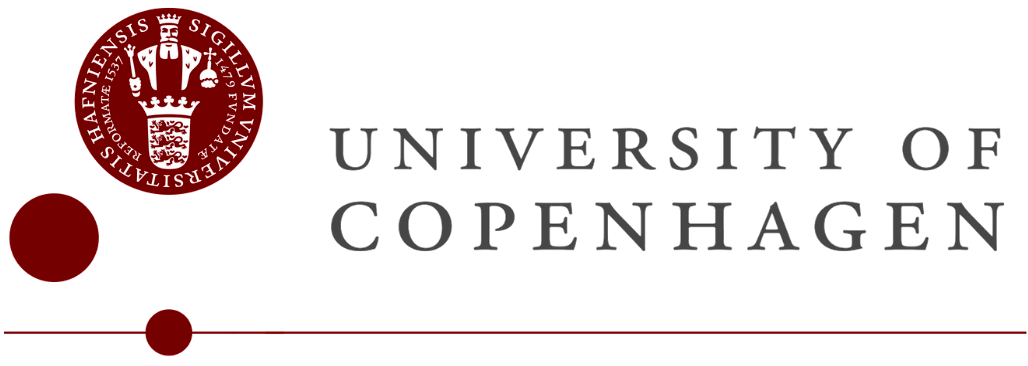The identification of proteinaceous material associated with archaeological ceramics offers much greater resolution in determining vessel contents than lipid based approaches. Their routine analysis would provide an essential tool for understanding the development of early agricultural economies as pioneering research has shown. However, the preservation of proteins as a result of different types of processing (particularly the degree of heating) and different burial conditions (acid, alkali, anoxic) is still unclear. You will receive training in immunological and proteomic analysis, and apply these approaches to experimental and prehistoric ceramics. The student will conduct a series of experiments aimed to investigate different cooking processes and at simulating degradation using the facilities in CEPAM, Nice and by secondment to UoY to work at the YEAR Centre.
PhD starting October 2021 and recruiting now.
Plus d’informations :
[Website ChemArch]


